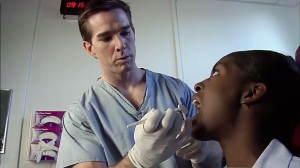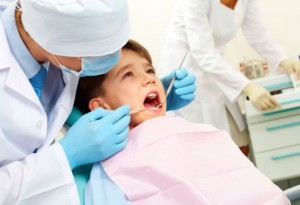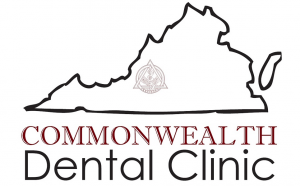
Regular dental exams are an extremely important part of preventive health care. During a dental exam, the dentist will typically evaluate your risk of developing tooth decay and other oral health problems, as well as check your face, neck and mouth for abnormalities. A dental exam might also include dental X-rays or other diagnostic procedures.
During a dental exam, the dentist may discuss your diet and oral hygiene habits and might demonstrate proper brushing and flossing techniques.
Other topics for discussion during a dental exam might include:
- Any medications you’re taking
- Use of tobacco products
- Consequences of tooth loss
- Benefits of crowns, fixed bridges or dental implants
- Use of dentures
 Regular dental exams help protect your oral health and overall well-being. A dental exam gives your dentist a chance to provide tips on caring for your teeth and to detect any problems early — when they’re most treatable. The American Dental Hygienists’ Association recommends that adults schedule dental exams every six months — or according to their dentists’ or hygienists’ advice.
Regular dental exams help protect your oral health and overall well-being. A dental exam gives your dentist a chance to provide tips on caring for your teeth and to detect any problems early — when they’re most treatable. The American Dental Hygienists’ Association recommends that adults schedule dental exams every six months — or according to their dentists’ or hygienists’ advice.
During a dental exam, the dentist may:
- Evaluate your overall health and oral hygiene
- Evaluate your risk of tooth decay, root decay, and gum or bone disease
- Evaluate your need for tooth restoration or tooth replacement
- Check your bite and jaw for problems
- Demonstrate proper cleaning techniques for your teeth or dentures
- Take dental X-rays or, if necessary, do other diagnostic procedures
During a dental exam, your dentist may also ask about any health problems you have or medications you’re taking and discuss how they might affect your oral health. If you have diabetes, for example, you’re at increased risk of gum disease. Any medication that contributes to dry mouth can increase your risk of tooth decay.
Dental exams might also include counseling about diet, smoking and other lifestyle factors that can affect oral health.
If you’re feeling anxious about having a dental exam, CONTACT US for more information.
